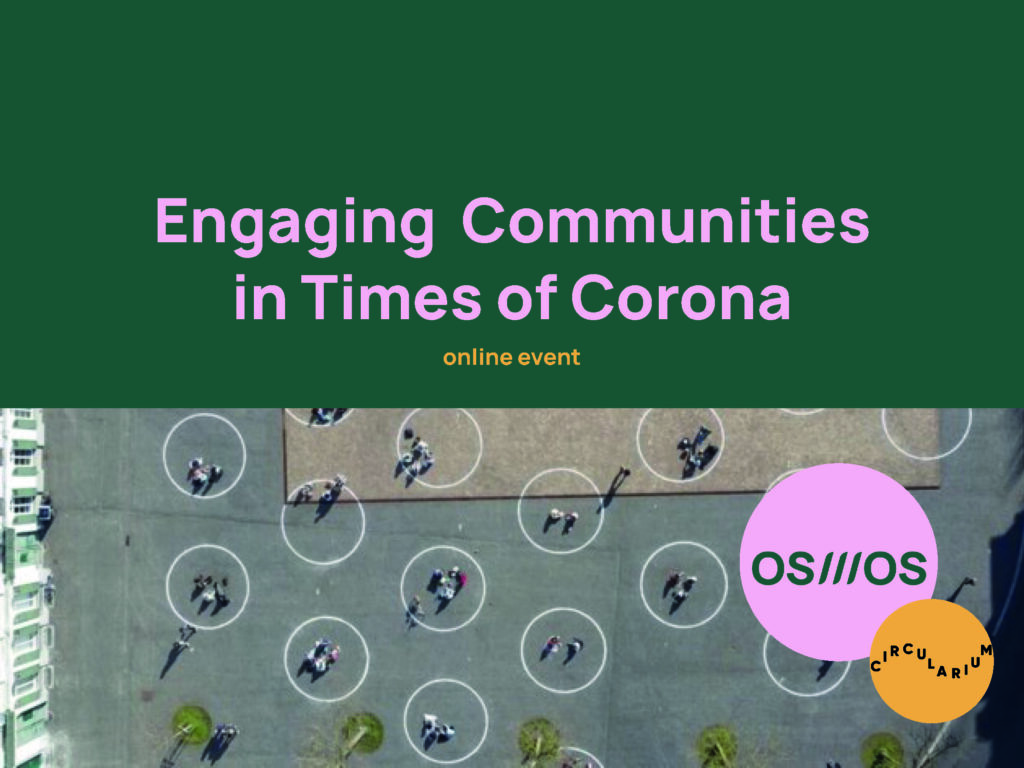
Engaging communities in times of Corona
/// Reflection
Revisit to some tumultuous and insightful times.

We use design as a medium to understand problems and to bring people together around a common cause. We treat design as a means rather than an end, a way of dealing with complex challenges in a dynamic world. We treat the design process as an opportunity for dialogue and alignment of interests between different stakeholders (companies, government, organisations). Design is increasingly moving out of the realm of traditional designers, like architects, urbanists and engineers. Osmos uses design to make solutions more accessible, inclusive and meaningful.
We conduct user research particularly influenced through psychological, sociological and anthropological methodologies in order to create multi-disciplinary knowledge. Through user-research we’re able to detect the needs of different stakeholders. We support stakeholder engagement to help build interest around a project or problem and facilitate the implementation of solutions.
We use tools from systemic and service design to guide design processes, supporting stakeholders in finding constructive ways to deal with complexity or problems. These tools specifically provide ways to visualise and structure complex situations, making it easier to find potential solutions.
With a concept or vision, we help flesh out the project schematically to understand how it will work in practice, whether it meets the needs discovered through user research, helping to save you time and resources.
We help get a grip on costs and returns, whether it be the development of a product, service or the management of a public space.

/// Reflection
Revisit to some tumultuous and insightful times.

/// Reflection
How to build an economically liable future for an urban food haven?

/// Reflection
Another take on the Sonian Wood Coop
We’ll send you a very occasional update of what we’re doing and thinking about.
This website uses cookies so that we can provide you with the best user experience possible. Cookie information is stored in your browser and performs functions such as recognising you when you return to our website and helping our team to understand which sections of the website you find most interesting and useful.
Check out our privacy policy and our terms and conditions for more information about how and why we use cookies.
Strictly Necessary Cookies are enabled at all times.
If you disable this cookie, we will not be able to save your preferences. This means that every time you visit this website you will need to enable or disable cookies again.